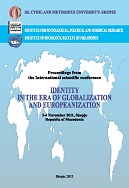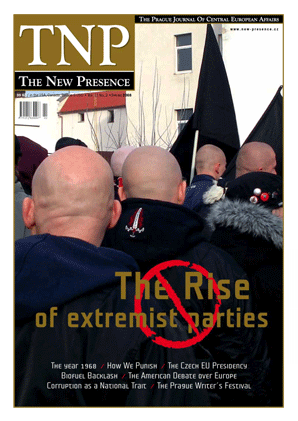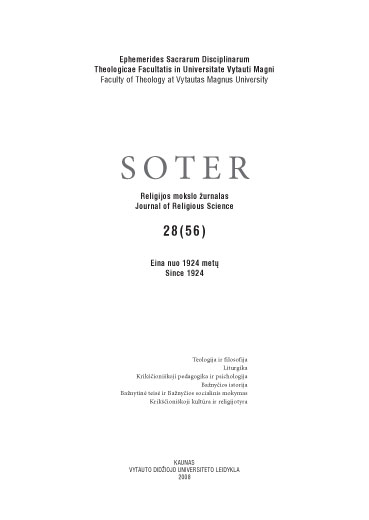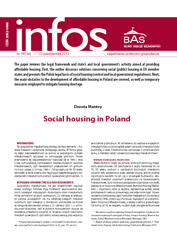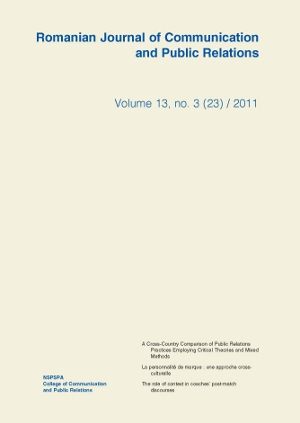Author(s): Bronislava Grigaitė,Ilona Norgėlienė / Language(s): Lithuanian
Issue: 28/2009
The article analyzes the children with aggressive behavior, their psychological consulting and relations with their parents. Methods of psychological consulting (offered by I. Norgeliene in 2006) were directed to the children, their parents and teachers. Experimental and control groups were formed with 20 first-graders in each. Psychological consulting of the experimental group has been held for three months where 20 children, 35 parents and 6 teachers took part. The results of the research revealed that psychological consulting improves the children’s relations with their family members. The efficiency of the consulting depends on the family structure, the style of education, family punishments and the family’s involvement into the process of psychological consulting.
The object of the research - children’s aggressive behavior. The aim of the research – to study aggressive behavior of 7-year-old children, their psychological consulting in relation with their families. The following conclusions were made:
1. Psychological consulting improves the children’s relations with their families.
2. The efficiency of the consulting depends on family structure, style of education, family punishments.
3. It also depends on family’s involvement in the process of psychological consulting.
The tasks of the research:
1. Following the analysis of scientific data, to create methods of psychological consulting for aggressive children.
2. To organize experiments, proving the efficiency of psychological methods
3. To analyze the influence of the methods of psychological consulting on aggressive children in relation with their families.
The methods of the research:
The analysis of scientific literature, different tests: Raven’s colorful progressive matrices (CPM), Bender Motor Gestalt Test, the tables of proof geometrical figures, Conner’s Rating Scales-Revised for Parents and Teachers, Gilles projection method, observation, the analysis of statistic data which was made with software SPSS 12.0 for Windows packet. The methods used for statistic data analysis: dispersive measurement factors analysis (Repeated Measures Define Factor(s)), F criterion is calculated for dispersions comparison, Cronbach Alpha coefficient is calculated to evaluate scales inward reliability. Also it was chosen statistical significance level α 0.05.
The conclusions made:
1. Psychological consulting of children improves their relations with their family members (r=0,062, p=0,0001).
2. The psychological consulting is the most effective in nuclear families (the biggest average contrasts were drawn on children’s relations with their family members (1,62; p=0,04), the problems of behavior (7,01; p=0,01), and aggressive behavior (2,6; p=0,03)), the families who apply democratic upbringing style (the biggest average contrasts were drawn on children’s relations with their family members (1,94; p=0,035), the problems of behavior (5,97; p=0,01) and aggressive behavior (3,25; p=0,04)) and the
More...
